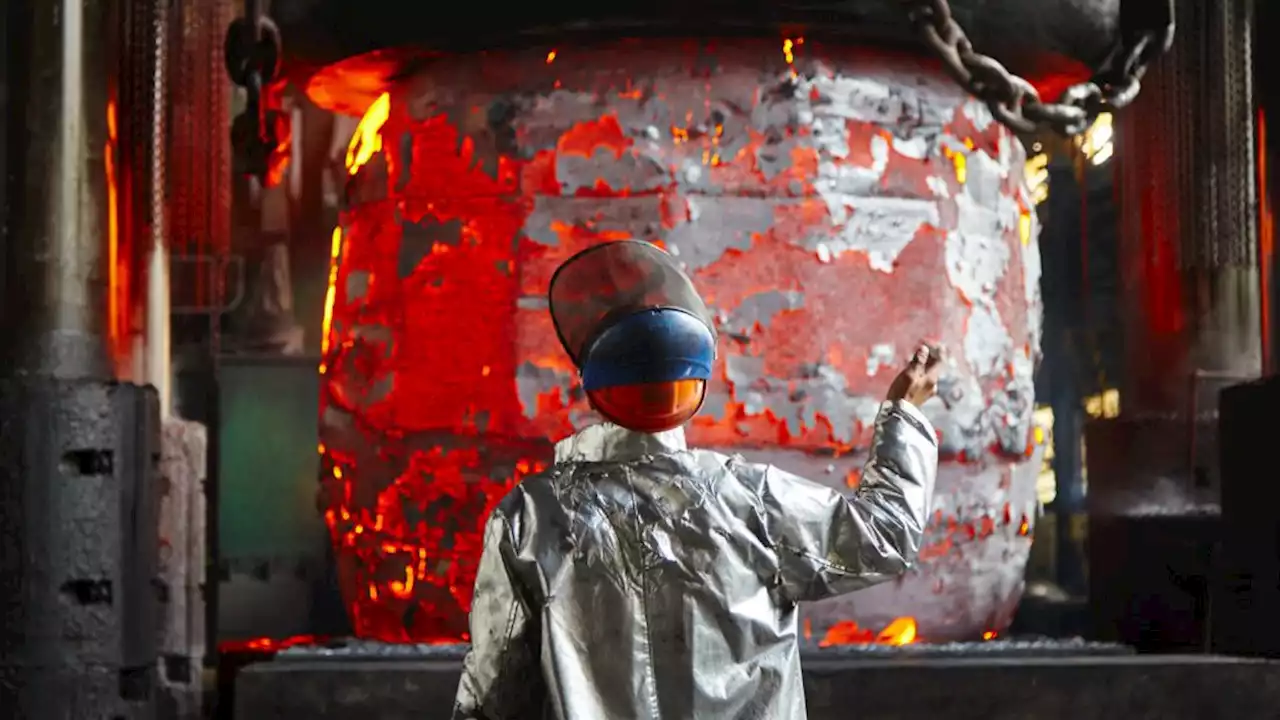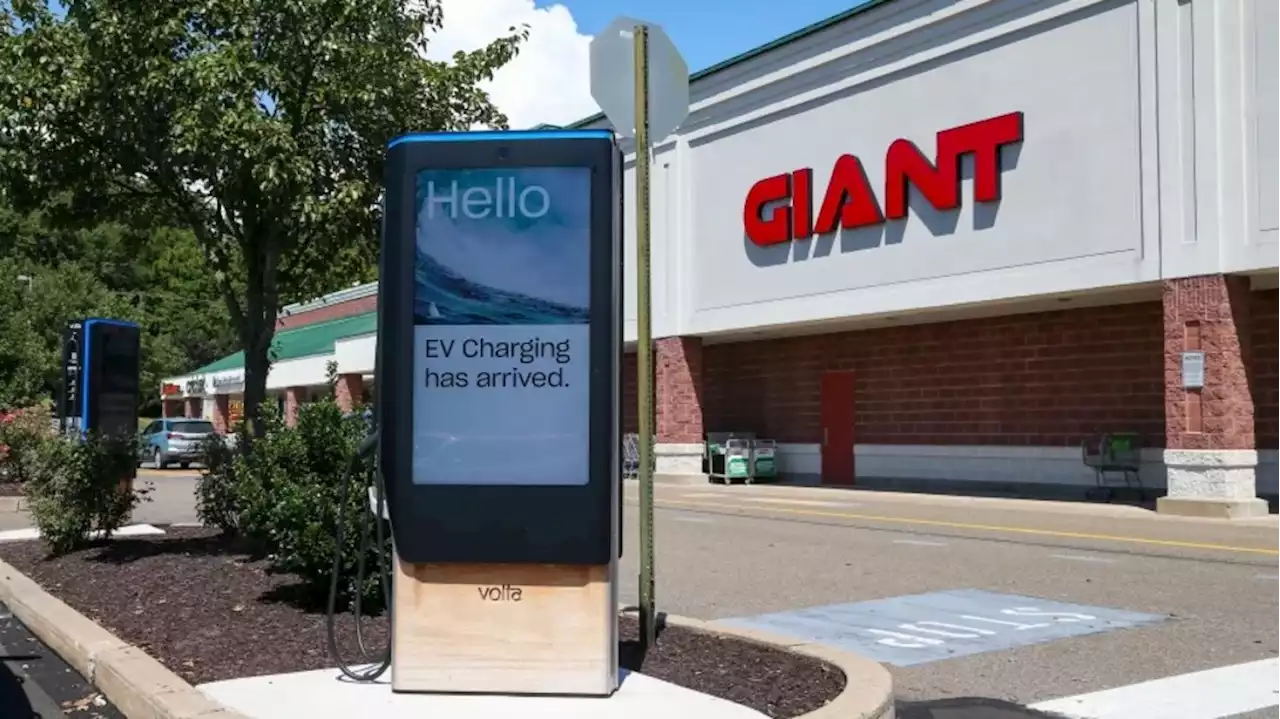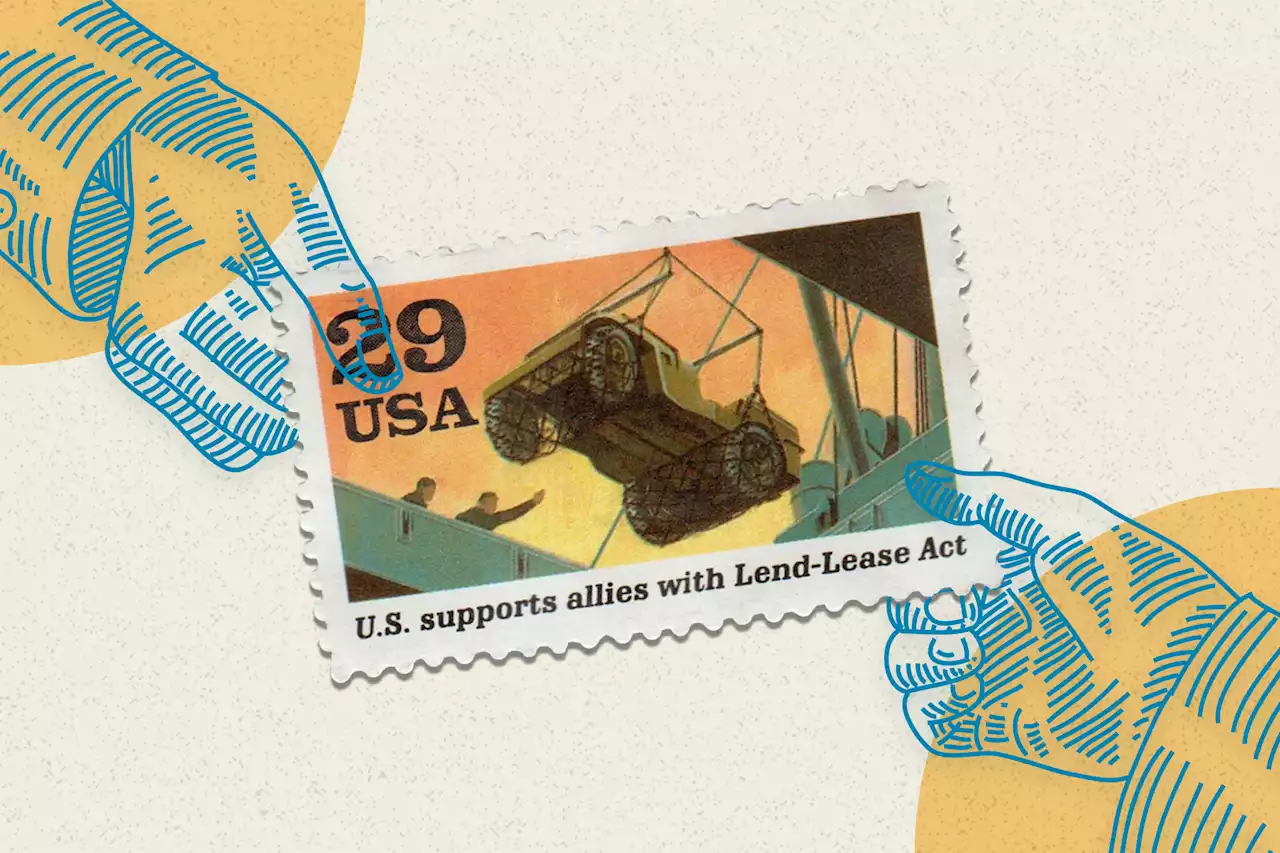When another ally in Europe faced invasion, the president got creative.
in November found just 55 percent of GOP voters support continued military aid for Ukraine, down from 80 percent last March. Only 50 percent support economic assistance, down from 74 percent.
This isn’t a new dilemma. It’s similar to what Franklin D. Roosevelt faced in the late 1930s, when isolationists in Congress enjoyed sufficient numbers to block military assistance to Britain as it bravely stared down the threat of a German invasion. Then as now, the president was forced to resort to clever workarounds to ensure that the U.K. had the resources to defend itself. FDR’s creativity in the service of helping a western ally protect democracy offers an important lesson for Biden.
The president’s first gambit was to convince Congress in 1937 to include a “cash-and-carry” provision in the reauthorization of the Neutrality Act. With the exception of arms, which were still strictly prohibited, foreign belligerents could purchase goods that could be used in war, provided they paid for their purchase in cash and transported them in their own ships. By this mechanism, Britain was able to purchase vital war materials.
In the fall of 1940, in the height of his third campaign for the presidency, FDR announced a deal by which the United States would effectively trade a number of warships that Prime Minister Winston Churchill desperately needed in exchange for two British naval bases in Newfoundland and Bermuda, as well as 99-year leases on several other bases, that the U.S. most certainly did not need. Whether the deal violated the Neutrality Act was one question.
“Suppose my neighbor’s home catches fire,” he began, “and I have a length of garden hose four or five hundred feet away. If he can take my garden hose and connect it up with his hydrant, I may help him to put out his fire. Now, what do I do? I don’t say to him before that operation, ‘Neighbor, my garden hose cost me $15; you have to pay me $15 for it.’ What is the transaction that goes on? I don’t want $15 — I want my garden hose back after the fire is over. All right.
Isolationists howled. Supporters of mobilization cheered. And those in the middle uneasily accepted a series of fanciful conceits: They could outwardly maintain that they opposed direct aid to Britain and privately breathe a sigh of relief that aid was on its way.
Brasil Últimas Notícias, Brasil Manchetes
Similar News:Você também pode ler notícias semelhantes a esta que coletamos de outras fontes de notícias.
 Davos 2023: Europe must seize catch-up chance - EU's GentiloniAn improved economic outlook gives Europe the chance to double-down on efforts to boost its industrial competitiveness in key sectors from clean energy to semiconductors, EU Economy Commissioner Paolo Gentiloni said on Wednesday.
Davos 2023: Europe must seize catch-up chance - EU's GentiloniAn improved economic outlook gives Europe the chance to double-down on efforts to boost its industrial competitiveness in key sectors from clean energy to semiconductors, EU Economy Commissioner Paolo Gentiloni said on Wednesday.
Consulte Mais informação »
Epik High announces the Europe and North America tour cities and dates | allkpopEpik High continues with their world tour 'EPIK HIGH ALL TIME HIGH TOUR.'On January 18, Epik High unveiled the cities and dates for the pe…
Consulte Mais informação »
 Molybdenum price in Europe hits record high'There is zero availability on the ground and some people actually flew some material from China.' mining
Molybdenum price in Europe hits record high'There is zero availability on the ground and some people actually flew some material from China.' mining
Consulte Mais informação »
 Shell is buying EV charging company Volta for $169 millionVolta has more than 3,000 charging stations across the U.S. and a handful in Europe
Shell is buying EV charging company Volta for $169 millionVolta has more than 3,000 charging stations across the U.S. and a handful in Europe
Consulte Mais informação »
 We Might Have Been Wrong About The Role Rats Played in The Black DeathThe Black Death ravaged Europe between 1347 and 1353, killing millions.
We Might Have Been Wrong About The Role Rats Played in The Black DeathThe Black Death ravaged Europe between 1347 and 1353, killing millions.
Consulte Mais informação »
 Snam rethink reflects Europe’s new energy realityThe $18 bln network operator is hiking spending to boost gas flows into Italy and the EU. Stable revenues from such investments can help new CEO Stefano Venier lift EBITDA. But a lighter push into hydrogen and green projects suggests a slower European shift from fossil fuels.
Snam rethink reflects Europe’s new energy realityThe $18 bln network operator is hiking spending to boost gas flows into Italy and the EU. Stable revenues from such investments can help new CEO Stefano Venier lift EBITDA. But a lighter push into hydrogen and green projects suggests a slower European shift from fossil fuels.
Consulte Mais informação »
